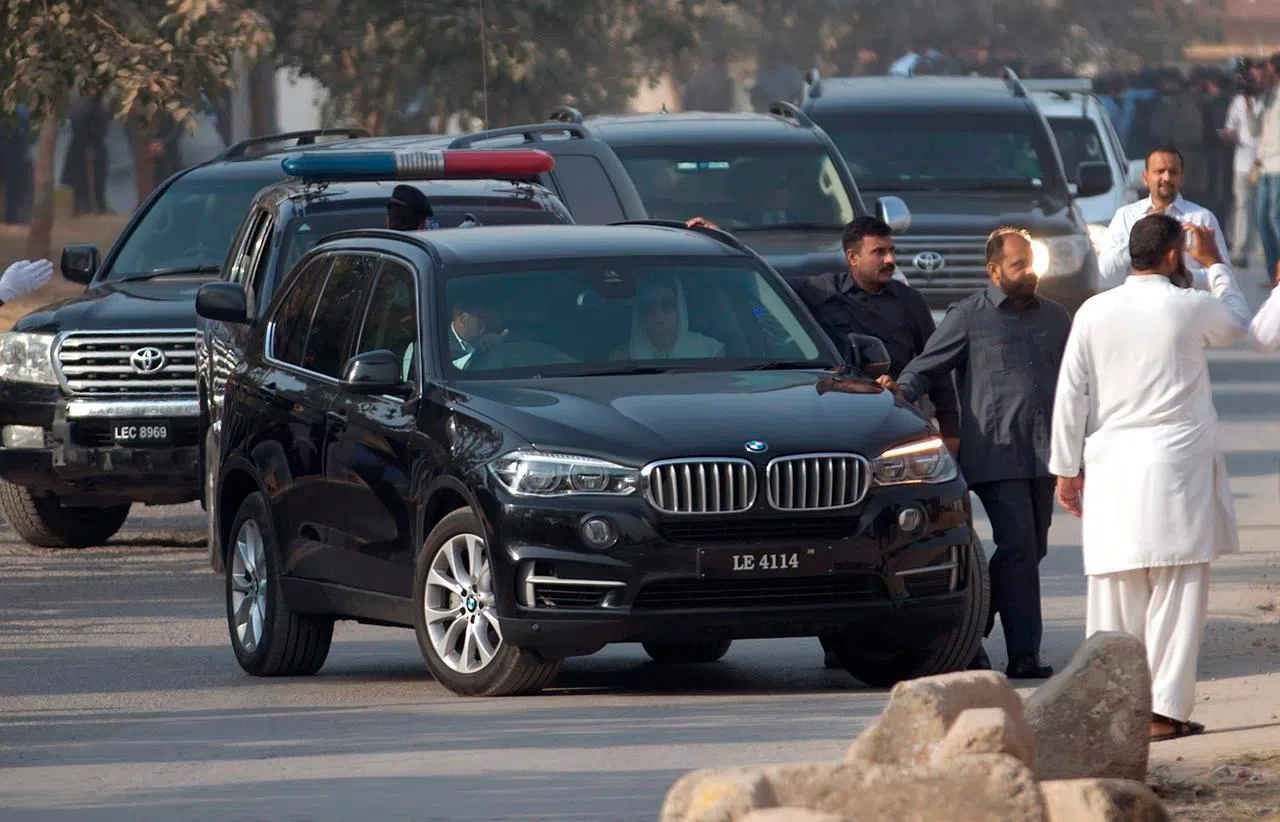
Pakistan’s ex-premier Sharif indicted on corruption charges
ISLAMABAD — A Pakistani court on Thursday indicted former Prime Minister Nawaz Sharif as well as his daughter and son-in-law on corruption charges stemming from documents leaked from a Panama law firm.
A lawyer for the 67-year-old Sharif, who is currently in London, where his wife is receiving medical treatment, entered a plea of not guilty. The former premier’s daughter, Maryam Sharif, and her husband, Mohammad Safdar, attended the hearing at the Accountability Court and also pleaded not guilty.
Sharif later on Thursday told reporters in London that he will go back to Pakistan to attend the next court hearing, scheduled for Oct. 26. In his televised comments, he said he was removed from office by judges on a trivial charge.
The charges stem from a trove of documents — known as the Panama Papers — that investigators say showed the family held unreported assets overseas. The family has denied any wrongdoing.
